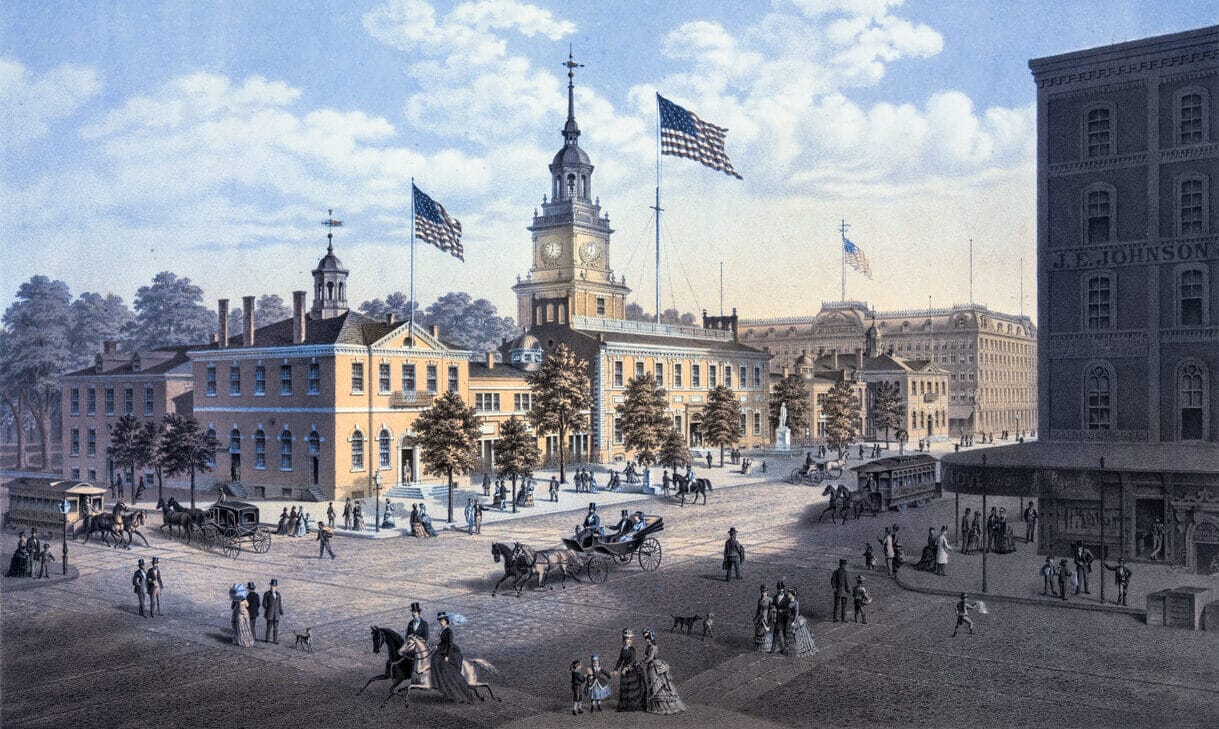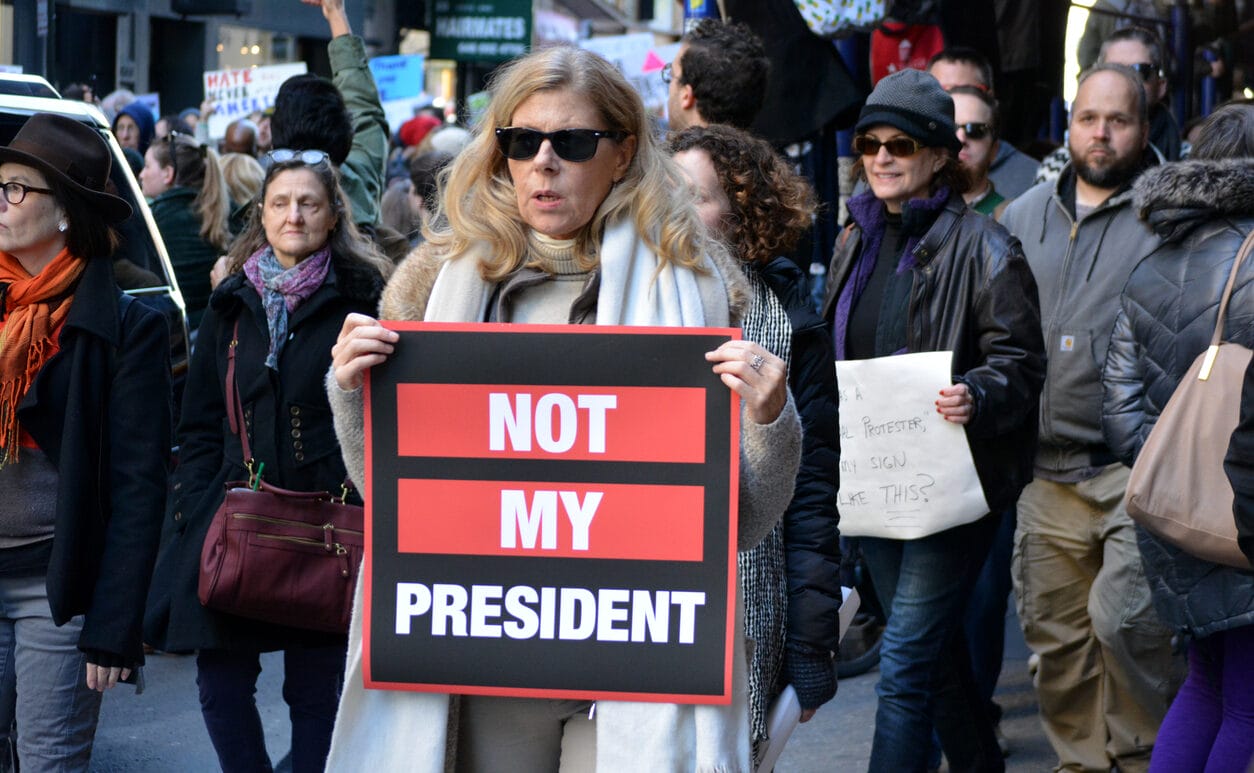A look at Illinois from an insider

The interview below is published anonymously by request because the person works as a close adviser and consultant with Illinois lawmakers on a wide range of issues. The individual recently spoke with American Habits editor Ray Nothstine.
Given the state debt, corruption, and Chicago crime, to name a few pressing issues, do you ever look at other governments (whether it be state or local) and wonder why we can’t do that in Illinois?
Absolutely. I think in Chicago specifically, there are a lot of people who simply want security and stability and the politicians in the city seem incapable of providing either. In addition, you have residents that continue to foot the bill for unfunded pension liabilities, union contracts, etc. and people start to wonder what type of services they are getting from their government. You add all of this to the constant stream of federal prosecutions aimed at elected officials and you have an environment where people have lost faith in their public officials.
There seems to be a lot of disenchantment with our presidential candidates, and you could easily argue it’s been that way for the last three presidential election cycles. Why do you think we are having trouble attracting better candidates for elected office? What is the main culprit in your mind?
I think with the current political climate, especially the polarization of both parties, we are disincentivizing quality candidates from running for office. You combine that with the constant stream of vitriol that candidates receive, especially on social media, and it’s hard to blame people for not wanting to subject themselves, and their family members, to that treatment. I tend to believe that quality candidates are people who want government to function and are willing to bring people together to find common ground so that legislation can move forward. Unfortunately, the current climate is not conducive to that approach and instead rewards individuals who shout the loudest.
…with the current political climate, especially the polarization of both parties, we are disincentivizing quality candidates from running for office.
Illinois is consistently one of the top states for outbound migration. Is this something lawmakers sufficiently talk about? What’s your take?
Yes, this is a frequent topic in Chicago and Springfield. We saw some positive trends during the last census, but it’s still a huge concern as Illinois is not seeing the same type of growth as other large regions. I think the biggest concern is that we are seeing young families move out of state, whether it’s because of the public school system, concerns over crime, or rising property taxes. At the end of the day, it’s simply easier to raise your family in other areas and parents are having to do that cost-benefit analysis.
You’ve worked closely with lawmakers in Illinois. What is the best example of government dysfunction that jumps to your mind?
I would argue the state budget process is a prime example of Illinois dysfunction. The vast majority of legislators and staff, on both sides of the aisle, have no idea what’s going to be in the budget bill until it’s filed, typically with one or two days left in session. The FY25 budget is a legislative package that authorizes over $50 billion in state spending and rank and file members have almost zero input in the process. Legislators are then asked to vote, often at 2 a.m. or 3 a.m., without having a clear understanding of what’s in the budget, which is typically over a thousand pages in length. And of course, the Republicans in the super minority are completely ignored throughout the entire budget process. This is the political reality, but that also means that millions of Illinois residents have zero input in how the state prioritizes its fiscal responsibilities.
I think a lot of folks outside of Illinois, particularly people who are more inclined to espouse limited government only focus on the bad news in the state. What do you find encouraging about your state?
I think over the past few years, Illinois has improved its image in terms of business attraction. Gov. J.B. Pritzker has made it a priority to attract emerging industries, such as electric vehicles and data centers, which has proven to be an effective strategy. Just a few weeks ago, the state announced a massive new quantum computing campus along the banks of Lake Michigan, which has the potential to bring in over $20 billion in public and private investment. You combine this with Rivian, Lion Electric, Gotion, and dozens of new data centers, and Illinois is definitely at the forefront of these growing industries. Hopefully, this trend will continue.
No authors available.


